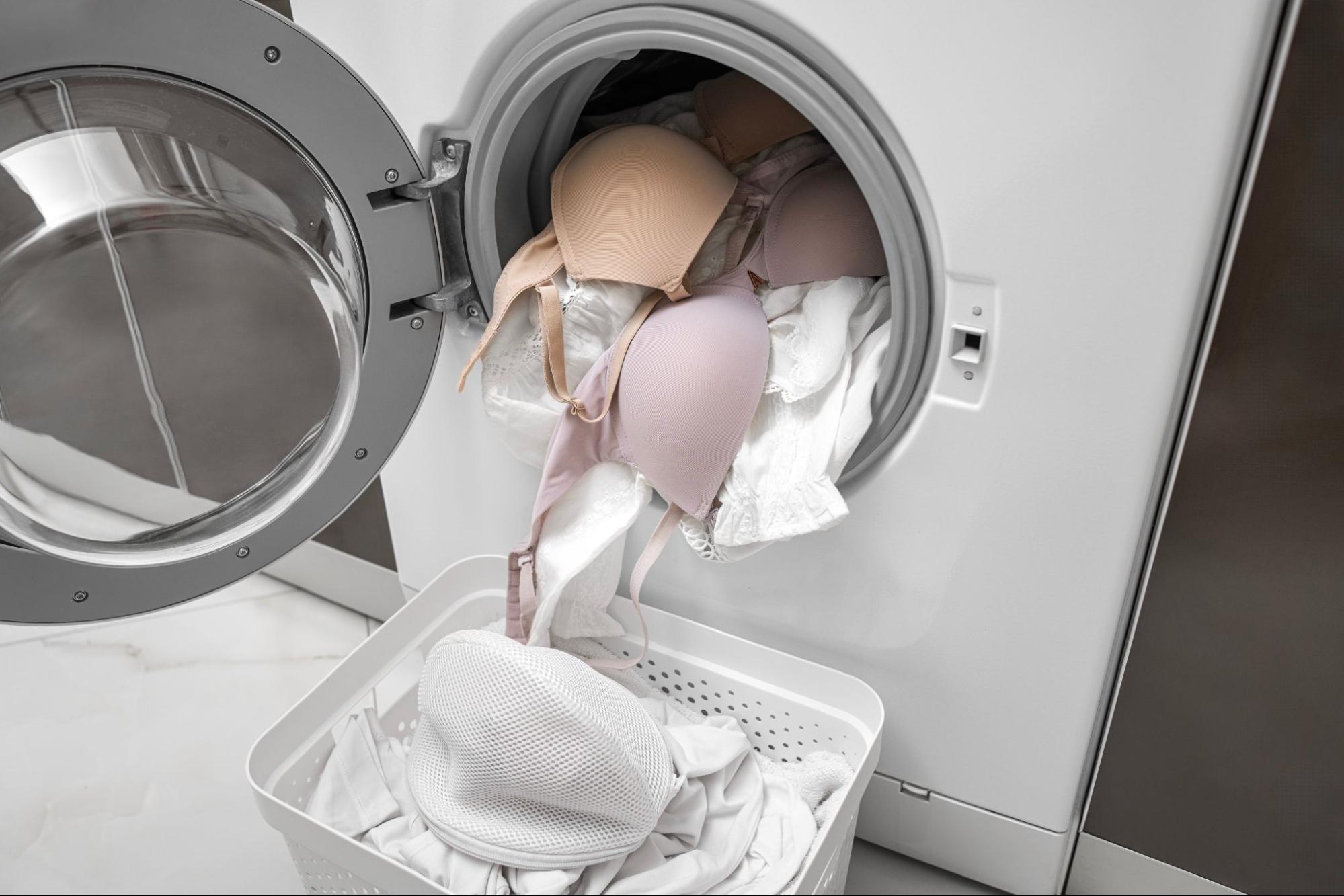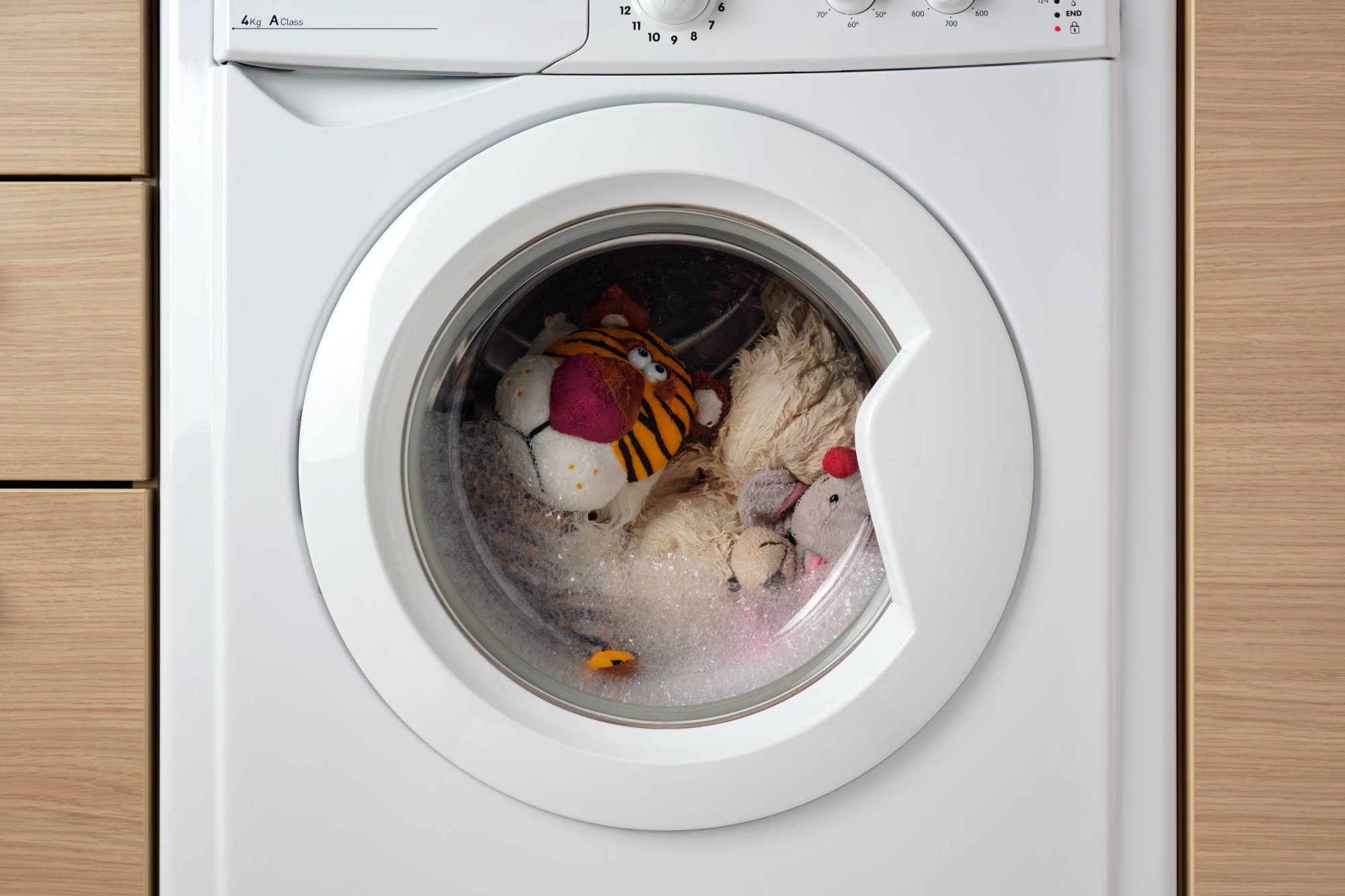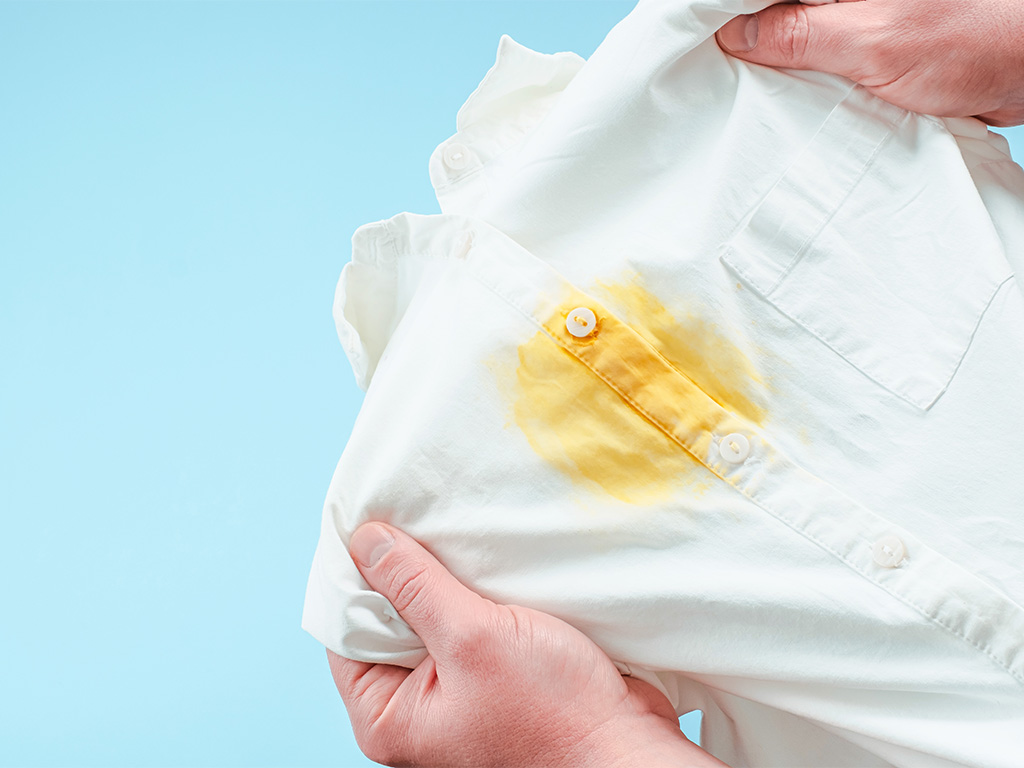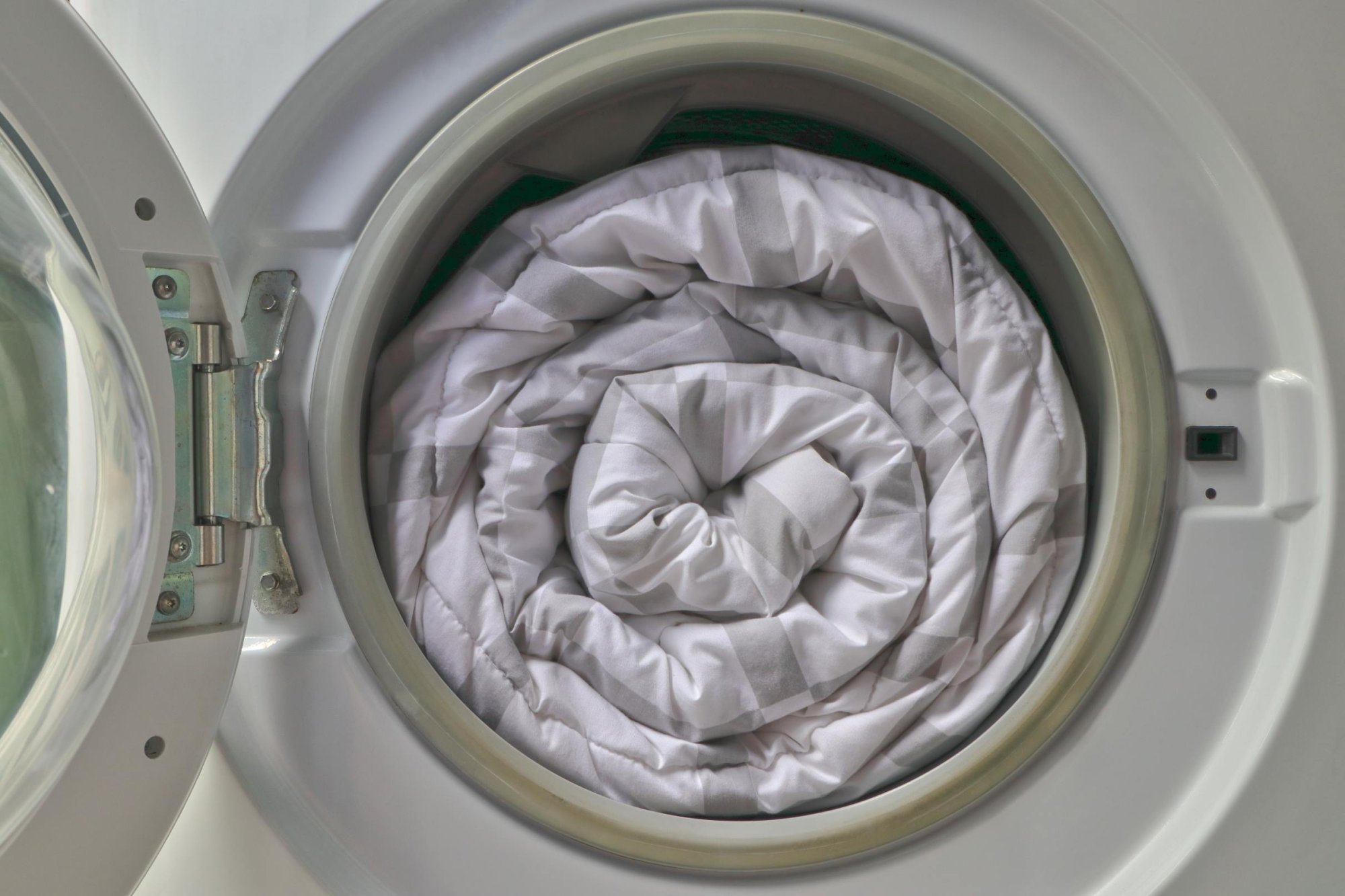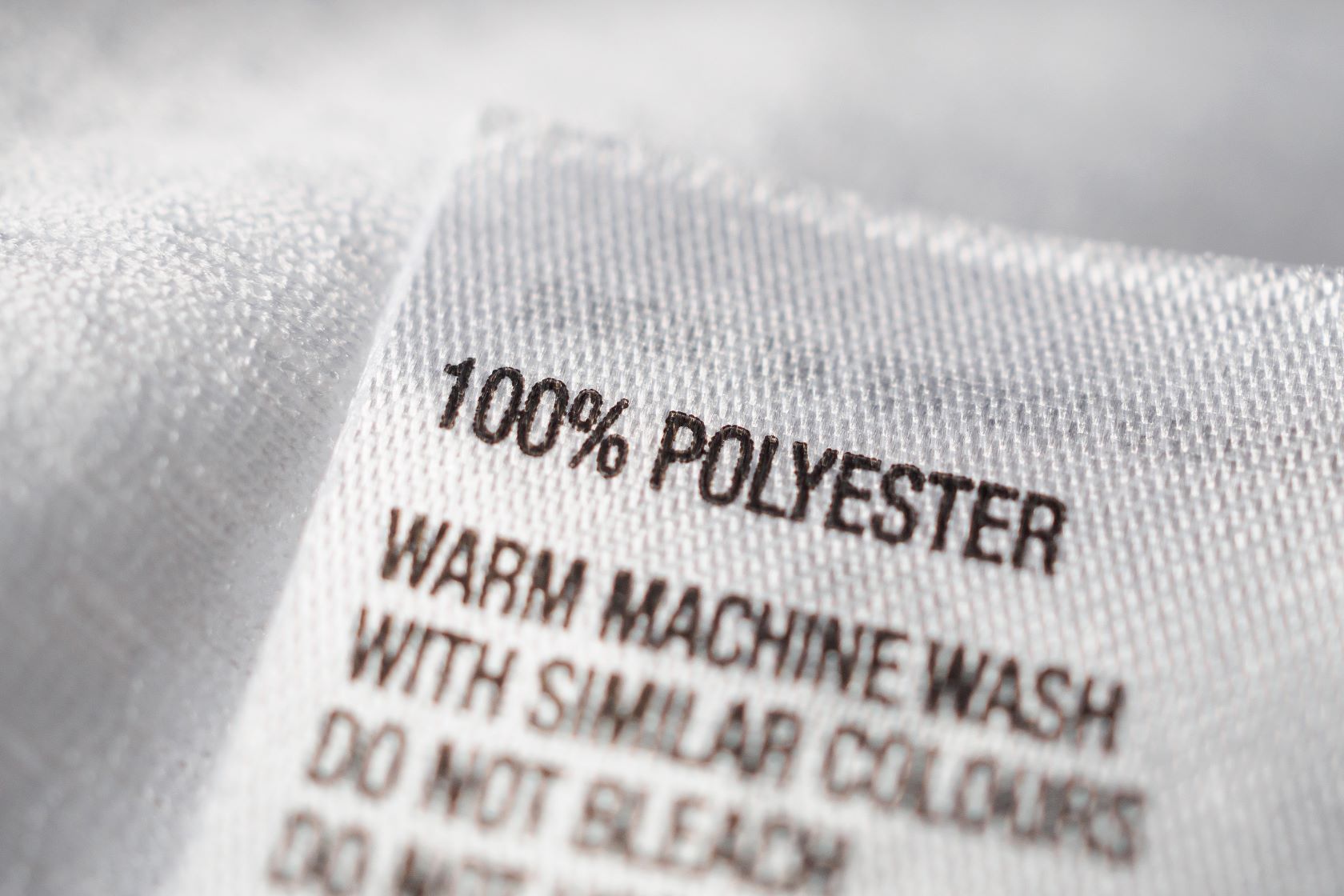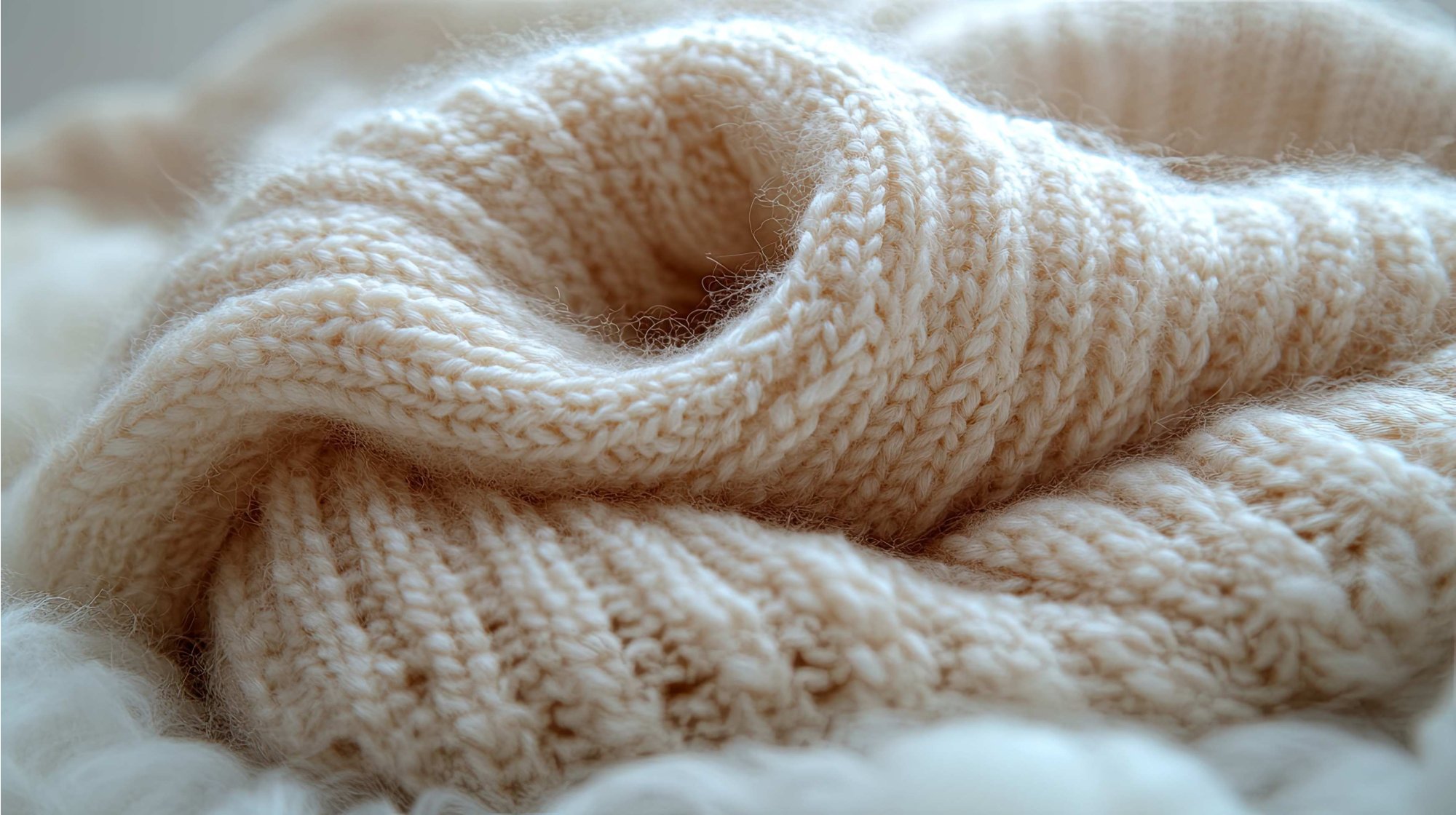Earth Day is the perfect time to reflect on how each of us can do our part to protect the planet. One easy yet powerful step is rethinking the way we do laundry. Eco-friendly washing is a smart approach to caring for our clothes that reduces harm to the environment and keeps our health in check. It’s not just about going green for the sake of it – it’s about making choices that are kinder to the Earth and to ourselves. Let’s take a closer look at why it’s high time we turned over a new leaf and ...
Washing from A to Z, Page 2
List of articles
Your "front-line support system" is made from delicate materials that can lose their elasticity, shape, or underwire superpowers if not cared for properly. To keep your bras comfortable and in top shape for the long haul, make sure to follow the right washing routine. Proper Bra Washing Procedure Check the Label: Every bra comes with washing instructions on the label. Most delicate lingerie isn’t suitable for machine washing, especially if it contains underwires or lace. Hand Washin...
Have you ever wondered how much water we actually use in a single wash? Water consumption depends on the type of washing machine, its age, and the selected programme. Average Water Consumption Per Wash Older washing machines (15+ years) – 100 to 150 litres per wash. Standard washing machines (modern but not the most efficient) – 50 to 80 litres. Water-efficient machines with optimisation technology – 40 to 60 litres. Machines with an eco function – can use as little as 35–50 litre...
Plush toys are among children's favourite toys, but they also attract dust and bacteria. If you want to keep them clean and soft again, you need to wash them properly. How to Wash Plush Toys Check the Label: Not every toy can survive the washing machine. If it has batteries, mechanisms, or is made of special material, it's better to go for hand cleaning. Hand Washing: Fill a basin with lukewarm water (up to 30 °C) and add a mild detergent. Submerge the toy and gently squeeze it—avoi...
With the arrival of warmer weather comes the time for thorough spring cleaning. If you’ve accumulated stains over the winter that resist regular cleaning products, don’t despair. We’ll share effective home methods that will help you remove even those stains that have been set in for years. Check out our tips on how to tackle them! What You Shouldn't Miss At Home In addition to high-quality stain removers that you can buy in traditional drugstores, you can also have a few helpers at ho...
A duvet comes into contact with our body every day, gradually accumulating sweat, dust, and bacteria. If not washed regularly, it may lose its volume and freshness. To ensure a comfortable sleep night after night, even after years of use, just follow a few simple rules. Sorting Duvets Before Washing Not all duvets can be washed the same way. It depends on their material and filling type. Synthetic Duvets: They can usually handle machine washing without issues—just use a gentle cycle...
Greasy stains on clothing are among the most unpleasant stains, but fortunately, there are several proven ways to get rid of them. Whether it's oil, butter, sauce, or other greasy substances, with a little patience and the right methods, you can save your clothing and turn things around. Let's take a look at the products that can help you effectively remove grease and how to proceed when you want to get rid of greasy stains. Home Remedies for Removing Greasy Stains ...
Polyester is a synthetic fibre made from petroleum derivatives. Due to its durability and low maintenance, it has become one of the most widely used materials in the textile industry. You can find it in sportswear, bed linens, upholstery, and workwear. Main Properties Of Polyester Durability: It lasts longer than natural fibres and wears out less. Quick drying: It doesn't absorb much water, making it ideal for sportswear. Low wrinkle: It doesn't need to be ironed as often as cotton. Long-...
Alpaca fabric is a luxurious, natural material known for its softness, lightness, and excellent insulating properties. To maintain the quality and characteristics of clothing made from this special wool, proper care is essential. Incorrect washing can cause shrinkage, fibre damage, or loss of softness. How to Wash Alpaca Clothing Check the Label The care label provides essential information: whether hand washing, machine washing, or dry cleaning is recommended. Never take ris...
The correct washing temperature is crucial for maintaining the quality, hygiene, and longevity of your laundry. When choosing the temperature, consider the type of fabric, the level of dirt, and the recommendations on the clothing label. Using the wrong temperature can lead to fabric damage, colour fading, or ineffective stain and bacteria removal. Temperature Overview by Laundry Type Delicate fabrics (silk, lace, wool): 20–30 °C Ideal for delicate materials that may shrink...


